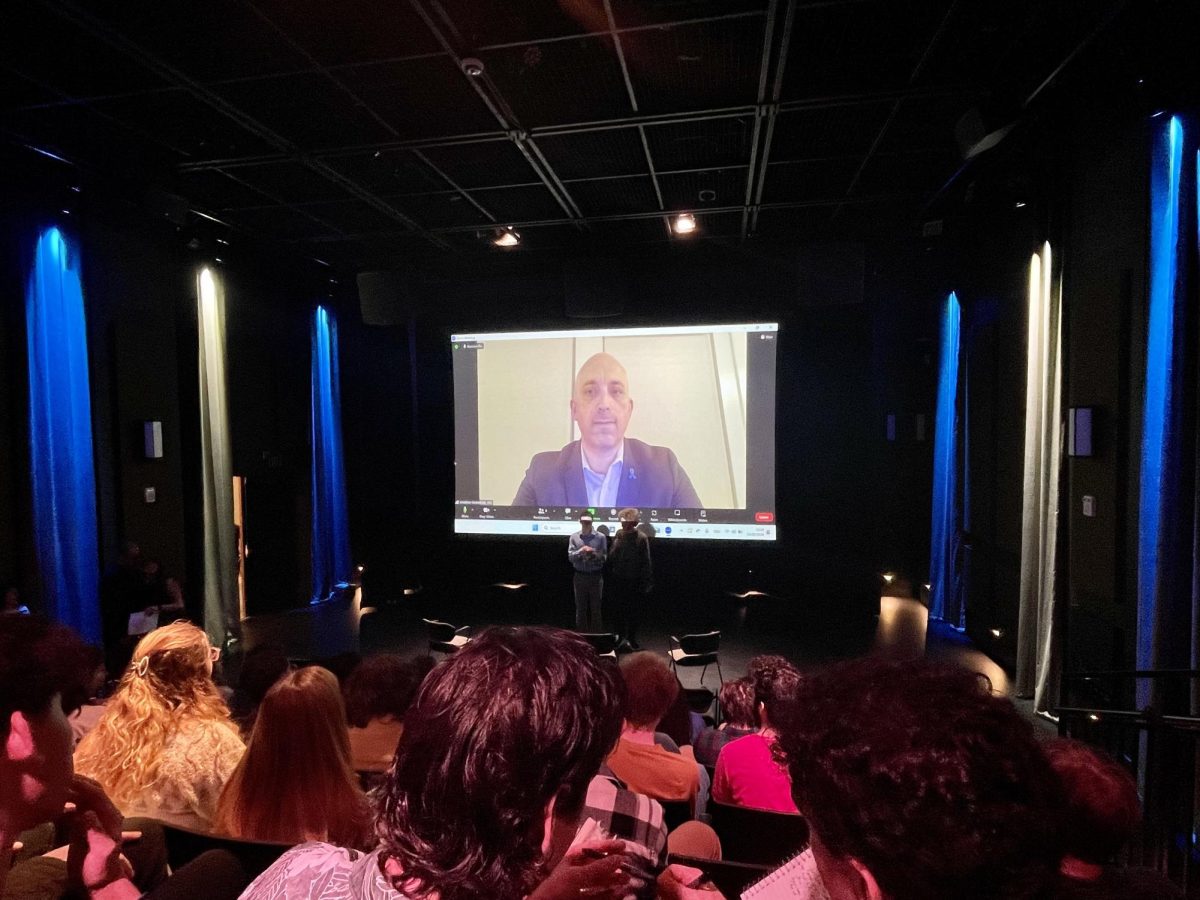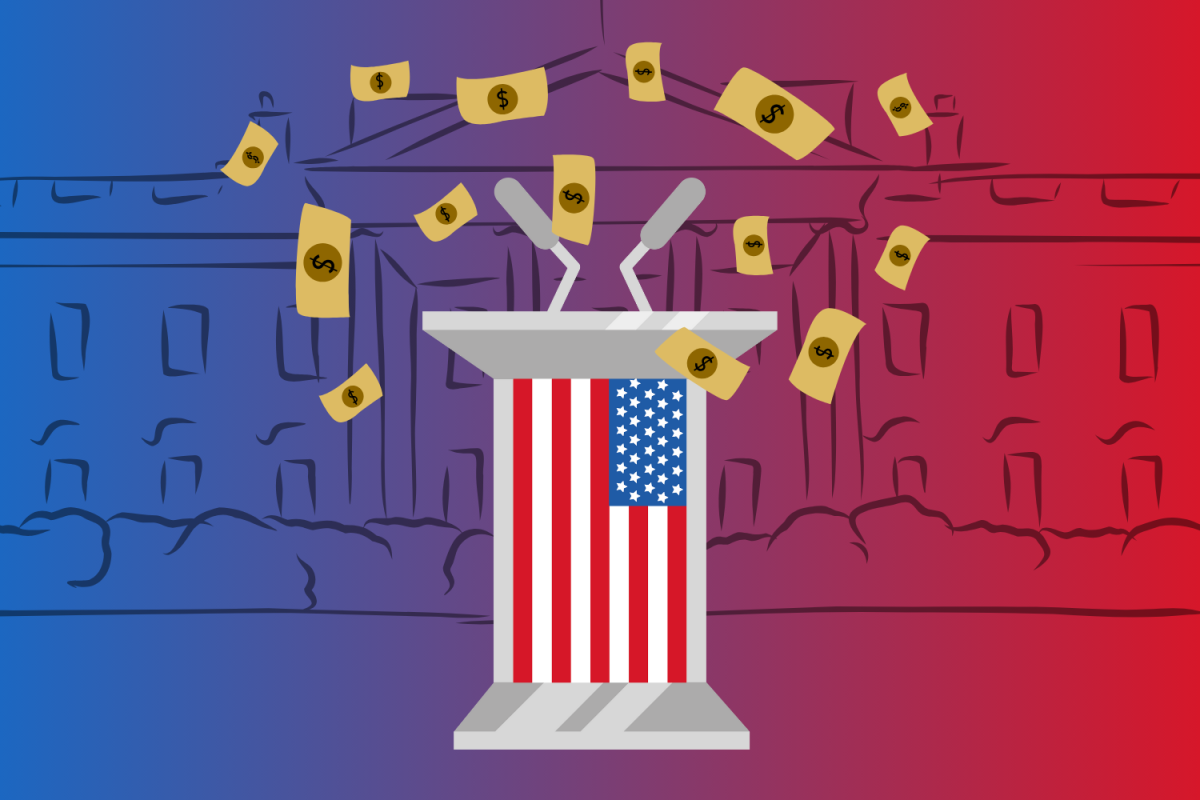A Nov. 15 Vanderbilt press release outlines changes made to the Student Discrimination policy regarding when sanctions can be issued for a reported act of discrimination.
The changes allow for sanctions to occur when a discrimination report does not violate the Student Discrimination policy but is “inconsistent with the university’s values.” These consequences can be issued at any point before, during or after an Equal Opportunity and Access Office (EOA) discrimination investigation, according to the updated policy.
“Depending on all of the relevant facts and circumstances, such actions may include, but are not limited to: increased monitoring, supervision, or security at locations or activities where the alleged conduct occurred; providing mandated training and education for students and/or employees, including tailored requirements for the identified respondent(s); and revising and publicizing the University’s policies on discrimination, harassment, and/or retaliation,” the policy reads.
The article reads that the change came as a result of listening sessions with Vanderbilt community members, Chancellor Daniel Diermeier and Vice Chancellor for Equity, Diversity and Inclusion and Chief Diversity Officer Dr. André Churchwell. Per the article, the need for these alterations stemmed from increased incidents of discrimination throughout the country.
Chabad President Ester Teper, a junior, said in a message to The Hustler that she and all leaders in the Vanderbilt Jewish community took part in the discussions that led to the policy change.
“The uptick in antisemitism following the Israeli/Palestinian conflict in May 2021 reared its ugly head in the Vanderbilt community, with students in positions of power abusing their authority. When Jewish students tried to file reports of harassment, Vanderbilt administration said that certain comments do not ‘count,’” Teper said. “The new and more inclusive harassment policy shows that administration is not only willing to hear their students, but also enact lasting, positive change.”
In the press release, Vice Provost for Student Affairs and Dean of Students G.L. Black specifically mentioned the university’s intolerance of cyber discrimination.
“‘We take harassment that occurs through electronic means very seriously, and we’re currently working to enhance the explanatory materials around bias-related incidents,’” Black said in the article.
In the wake of the policy change, the Office of the Dean of Students notified the Vanderbilt community of an anti-Black and an antisemitic statement that was written on on-campus whiteboards on Dec. 4 and 6, respectively. The notifications state that investigations are being conducted and that responsible parties have only been identified for the Dec. 4 incident.
“Antisemitism didn’t go away and having a more protective harassment policy is clearly very helpful and well-timed,” Teper said.
According to the policy, the EOA processes and evaluates discrimination reports. If the information in the report could be a violation of policy, the EOA will proceed with an investigation, which includes interviews with the complainant, respondent, witnesses and relevant third parties. The complainant and respondent are both allowed to choose an advisor to accompany them during the said interviews.
Investigation findings are shared with the Office of Student Accountability, Community Standards and Academic Integrity and/or relevant departments. The EOA requires “preponderance” proof that demonstrates it is “more likely than not” that the respondent violated the university’s discrimination policy to hold them responsible for the reported incident. Respondents are given 10 days to review and make comments on the submitted evidence.
The policy further reads that a sanction is determined using the evidence and testimonies presented throughout the EOA investigation, the severity of the alleged incident as well as the cooperation and honesty of the respondent during the investigation. The disciplinary history of the respondent may also affect their consequences, per the policy.
“In determining whether discrimination occurred, EOA examines whether there was an adverse impact on the individual’s work or education environment and whether individuals outside of the protected class received more favorable treatment,” the policy reads. “If there was an adverse impact on the individual’s work or education environment, EOA considers whether there is a legitimate, nondiscriminatory reason for the action.”
The EOA did not respond to The Hustler’s requests for comment regarding the policy change.













